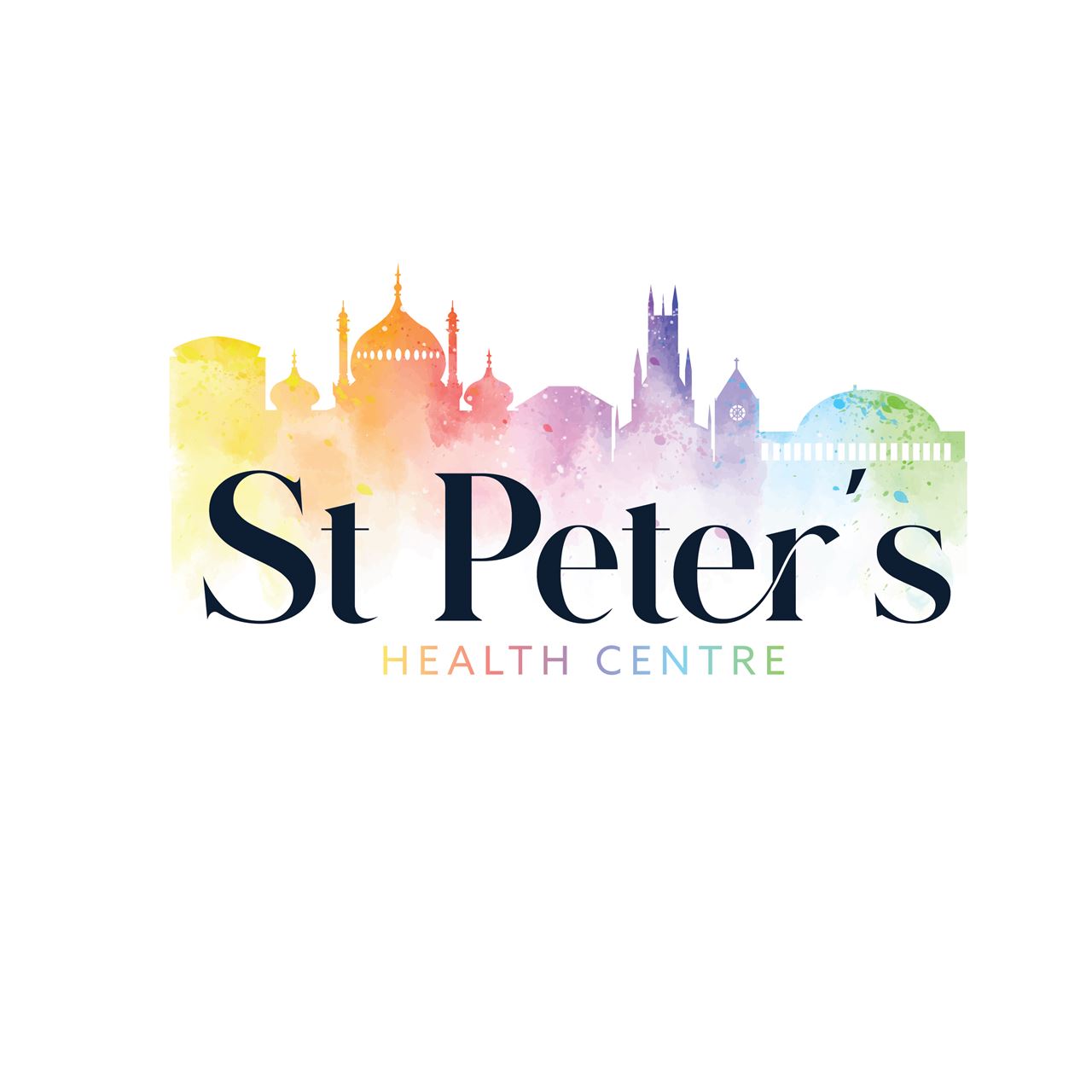Reviews of and Changes to our Privacy Notice
We will keep our Privacy Notice under regular review. This notice was last reviewed in February 2026.
Lawful basis for processing:
The processing of personal data in the delivery of direct care and for providers’ administrative purposes in this surgery and in support of direct care elsewhere is supported under the following Article 6 and 9 conditions of the GDPR:
- Article 6(1)(e) ‘…necessary for the performance of a task carried out in the public interest or in the exercise of official authority…’; and
- Article 9(2)(h) ‘necessary for the purposes of preventative or occupational medicine for the assessment of the working capacity of the employee, medical diagnosis, the provision of health or social care or treatment or the management of health or social care systems and services...”
